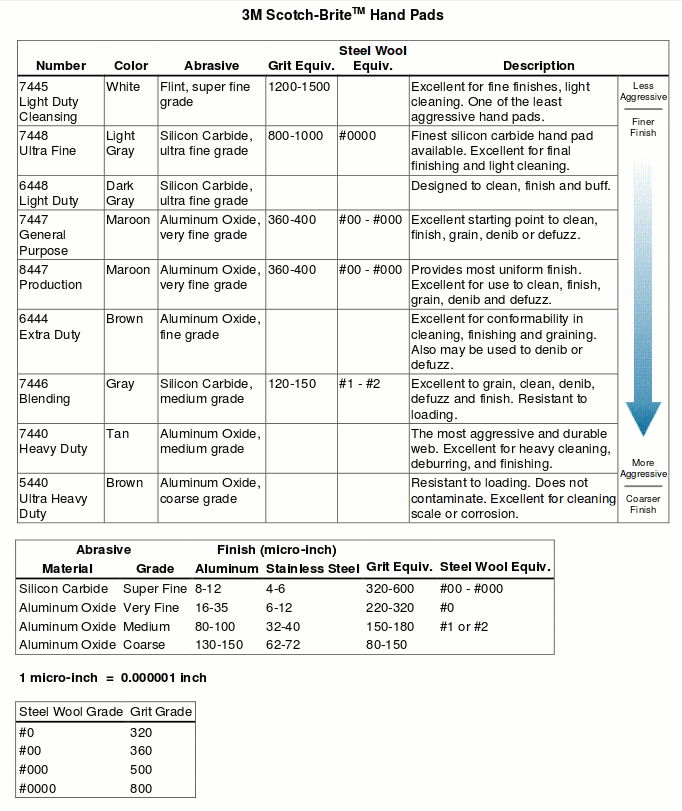Lots of bit of info scattered about post here on saving, or at least making shootable, less than perfect bores. A common treatment appears to be "lapping" with Scotchbrite pad material, green I think? So what is the process you all use on the bores of these poor abused guns please?
* Color of pad or any other identifiers?
* Thickness of the patch use?
*Cleaners or lubricants used, added to the patch if any?
*Visible results to look for like the pad coming clean or perhaps inspection with a bore light?
* Any other tips you might share?
* Color of pad or any other identifiers?
* Thickness of the patch use?
*Cleaners or lubricants used, added to the patch if any?
*Visible results to look for like the pad coming clean or perhaps inspection with a bore light?
* Any other tips you might share?








